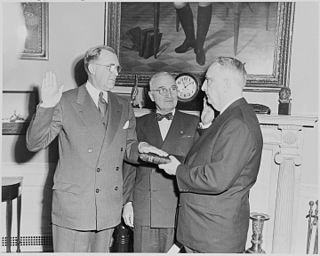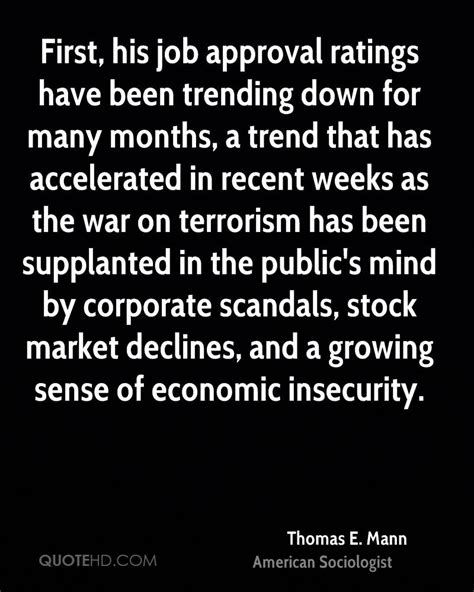A Quote by Barney Frank
You know, when I was in college, there was a big debate: Do unions raise wages? Well, with regard to industrial unions, there were arguments back and forth -- international competition. It is now clear, I think, that whether or not you think unions raised wages 50 years ago, the absence of unions and their weakness that is inflicted by anti-union public policy depresses wages. The fact is that people who are not represented, in the service industries in particular, are the victims of policies which depress their wages.
Quote Topics
Absence
Anti
Back
Back And Forth
Big
Clear
College
Competition
Debate
Fact
Forth
Industrial
Industries
Inflicted
International
Know
Now
Particular
People
Policies
Policy
Public
Public Policy
Raise
Raised
Regard
Service
Think
Union
Unions
Victims
Wages
Weakness
Well
Were
Whether
Which
Years
Years Ago
Related Quotes
Labor unions have a long history of benefitting all workers, even those who are not members of unions, because everyone's wages go up. If we don't increase membership - and membership in labor unions is going down because of the attacks against organized labor - it's something every single American, whether they're officially in a union or not, should be concerned about. It's a spiral. It's a weakening of the middle class and our economy can't sustain that.
We should have absolute control over our borders. If we want cheap labor to depress wages and disempower the unions, then we could have guest workers. But we have to face that issue. What is it that we want to do? Rather than not facing it, and having porous borders, and the effect is that it disempowers the unions.
The failure of unions to support efforts to increase employee involvement and ownership coincided with their unwillingness to speak out on the broader issues of business effectiveness and performance. When foreign competitors threatened the survival of American manufacturers, unions chose to voice traditional employee demands for higher wages, better benefits, and more security. What they failed to provide were effective responses to the challenge of globalization.
I have had the view that cutting wages is not the path to prosperity, and one of the great myths propagated about my attitude to industrial relations is that I believe in lower wages. I've never believed in lower wages. Never. Never believed in lower wages, I've never believed in lower wages as an economic instrument.
Well, it was an interesting phenomenon, because I come from a very union town - I come from Chicago. And have been involved in unions most of my life. I think in a lot of ways unions aren't necessary anymore, because what they were started for, I think a lot of those conditions don't exist. And this union is so odd, because any sort of fight we do in this union is not for us, it's for future generations.

































